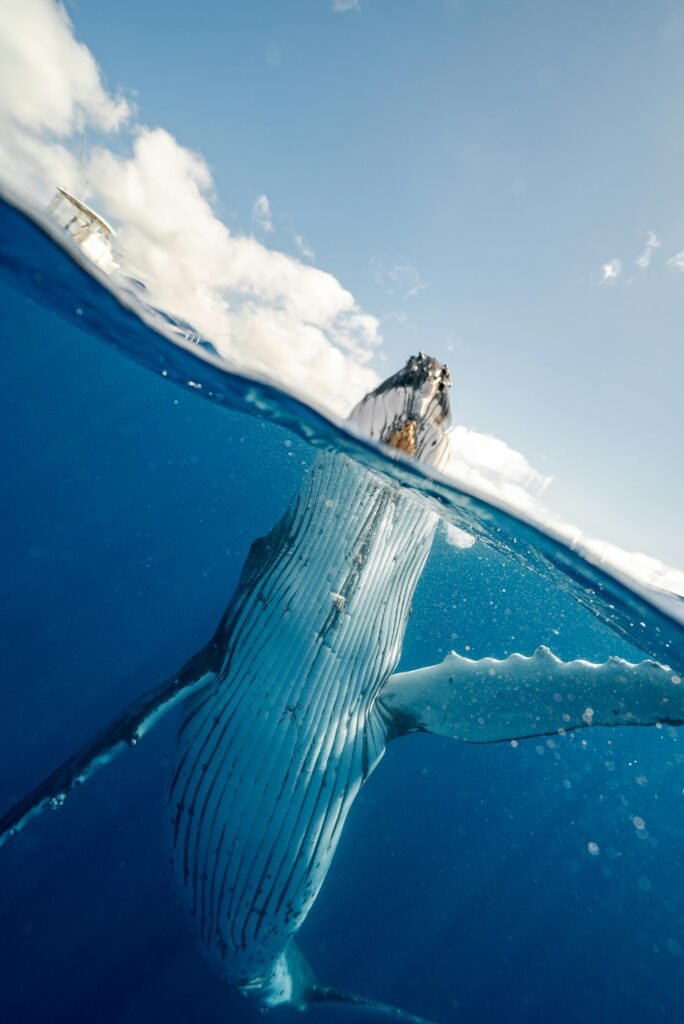blue whale
The blue whale, the largest animal to ever exist on Earth, can grow up to 100 feet long and weigh as much as 200 tons. Despite their massive size, they feed almost exclusively on tiny krill, consuming up to 4 tons per day. These gentle giants play a vital role in maintaining the ocean’s ecosystem by fertilizing phytoplankton, which produces oxygen and absorbs carbon dioxide.

How blue whales Could Go Extinct?
Ocean Pollution & Noise Disturbance:
Industrial waste, plastic pollution, and oil spills contaminate the oceans, affecting blue whale health. Additionally, underwater noise from ships and sonar technology disrupts their communication and migration patterns.Ship Strikes:
With increasing maritime traffic, blue whales often collide with large vessels, leading to fatal injuries. These accidents are a major cause of death for blue whales.Climate Change & Food Scarcity:
Rising ocean temperatures and changing currents are affecting krill populations, reducing the primary food source for blue whales. A decline in krill means less food for blue whales, leading to starvation.Whaling & Illegal Hunting:
Although commercial whaling has been banned, some countries still engage in illegal whaling, posing a continued threat to blue whale populations.

Why We Must Save blue whales?
Maintaining Ocean Health:
Blue whales help regulate krill populations, preventing imbalances in the marine food web.Carbon Sequestration:
When whales die naturally, their bodies sink to the ocean floor, storing carbon for centuries. Protecting whales helps fight climate change.Indicator of Ocean Health:
The presence of blue whales signals a thriving marine ecosystem. Their decline would indicate severe oceanic disruptions.
How Can We Help?
- Support Marine Protected Areas: Advocate for stricter laws against illegal whaling and protect whale migration routes.
- Reduce Noise & Water Pollution: Support clean energy and reduce underwater industrial activities.
- Promote Sustainable Fishing Practices: Ensure krill populations remain stable for whales to feed.
